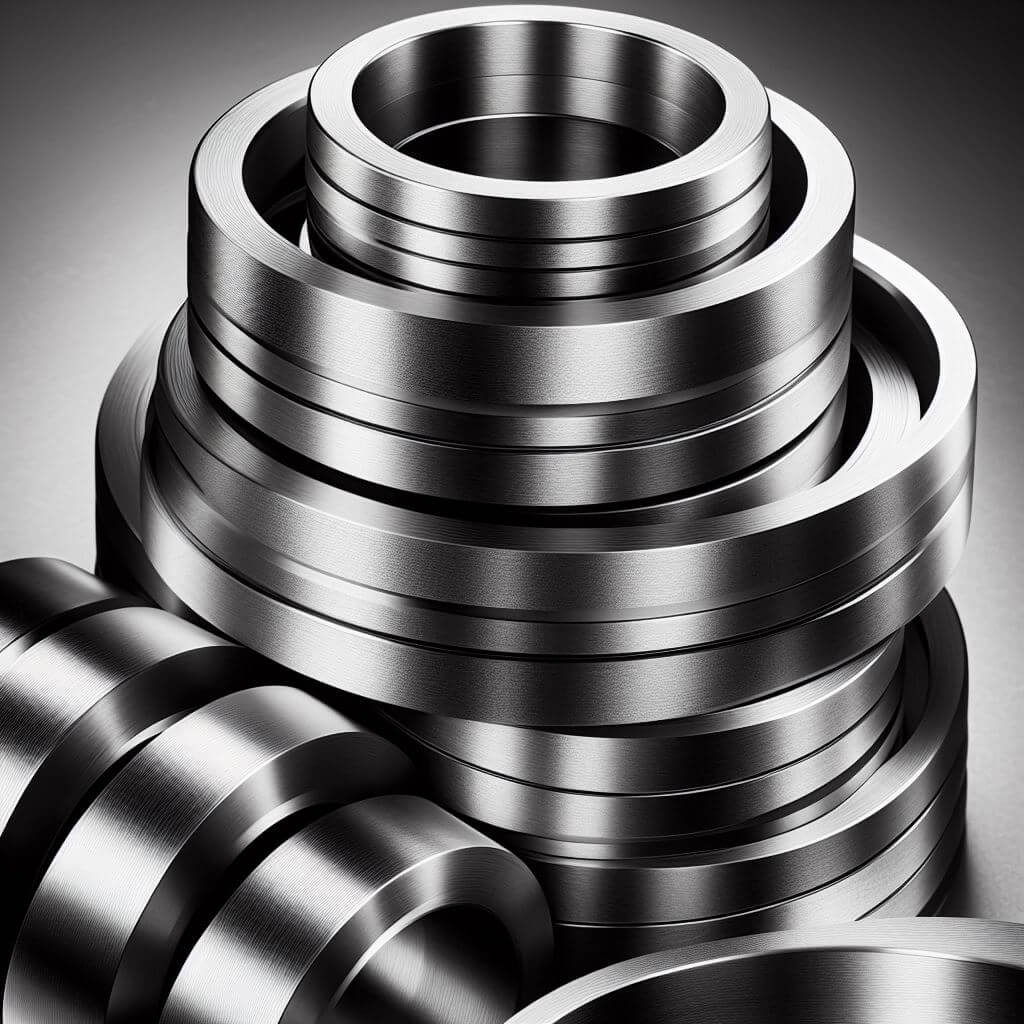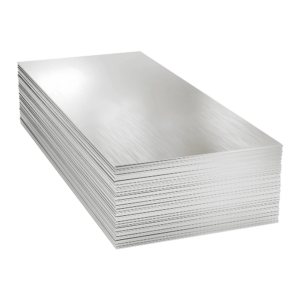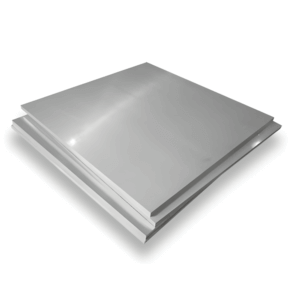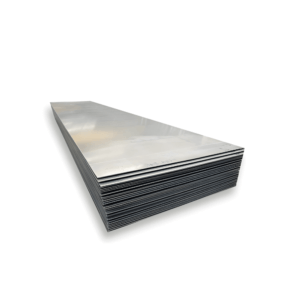Applications of Hastelloy C-276:
Nickel alloy Hastelloy C-276 is one of the most corrosion-resistant materials in modern metallurgy. It primarily resists wet chlorine, various oxidative chlorides, chloride solutions, sulfuric acid, and oxidative salts. It exhibits excellent corrosion resistance in both low-temperature and medium-temperature hydrochloric acid. Therefore, it has a wide range of applications in demanding corrosive environments, such as the chemical industry, petrochemical industry, flue gas desulfurization, pulp and paper, environmental protection, and other industrial sectors. Nickel alloy C-276 can be used in a variety of applications including pressure vessels, reactors, mixers and agitators, scrubbers, dampers, heat exchangers, ventures, and evaporators. It is frequently used in many industries, including chemical and petrochemical processing, oil and gas, power generation, pharmaceutical, pulp and paper production, and wastewater treatment.




